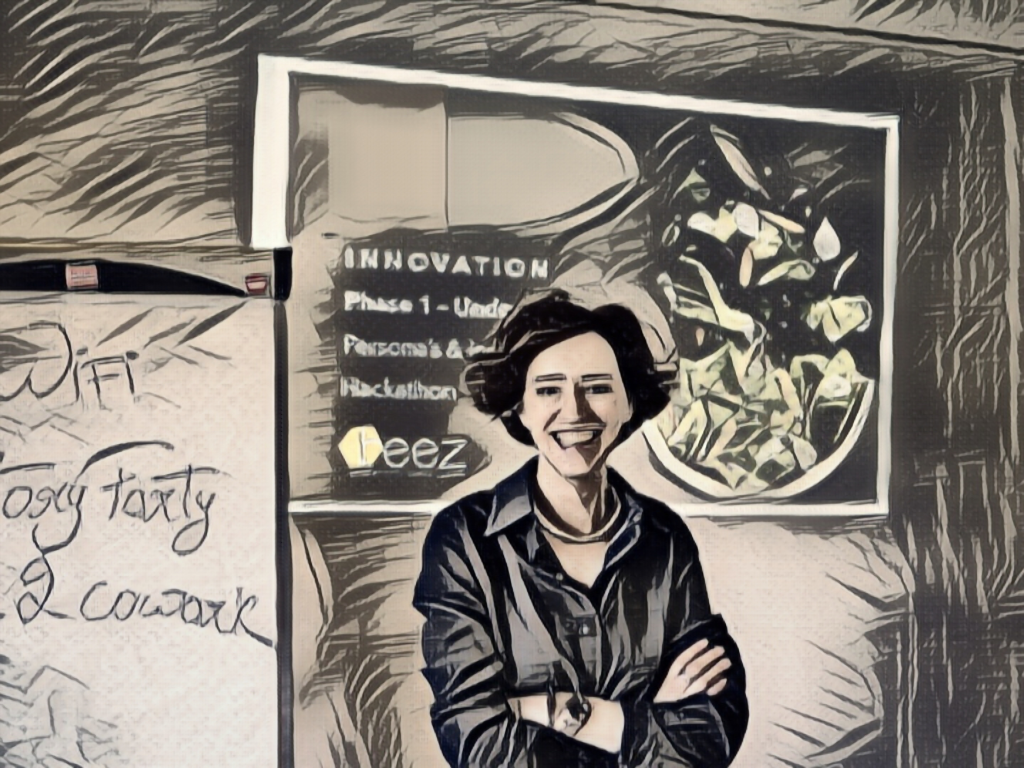The abundance of readily available information about global challenges raises awareness. People are now more conscious about their carbon footprint or the merits of inclusive societies. Online or offline, the coming of age of Generation Z is putting the onus on value-based consumption.
From renewable energy generation to ethical supply chains, the moral economy will drive innovation in consumer-facing products. Similarly, inside companies, highly skilled and mobile professionals increasingly want to work for a purpose.
Digital technology fosters flexibility, transparency and collaboration.
It has the potential to democratise and humanise work, and make it more meaningful.
Automation will steadily increase the relative value of the human interaction offered to customers and consumers.
The quality of the experience created will become more differentiating. Matching and embracing the diversity of society will prove essential for retail companies.
Millennial demography and values are also pushing businesses to make diversity and inclusion a priority. Yet, innovation also thrives in diverse environments.
In the age of artificial intelligence, humans will remain relevant not by knowing but by listening, relating, and collaborating at the highest level. Thus, critical skills for innovation will become more demanded.
As valued characteristics in the workplace shift, women may have comparative advantages. Women tend to be comparatively stronger in emotional intelligence and teamwork.
